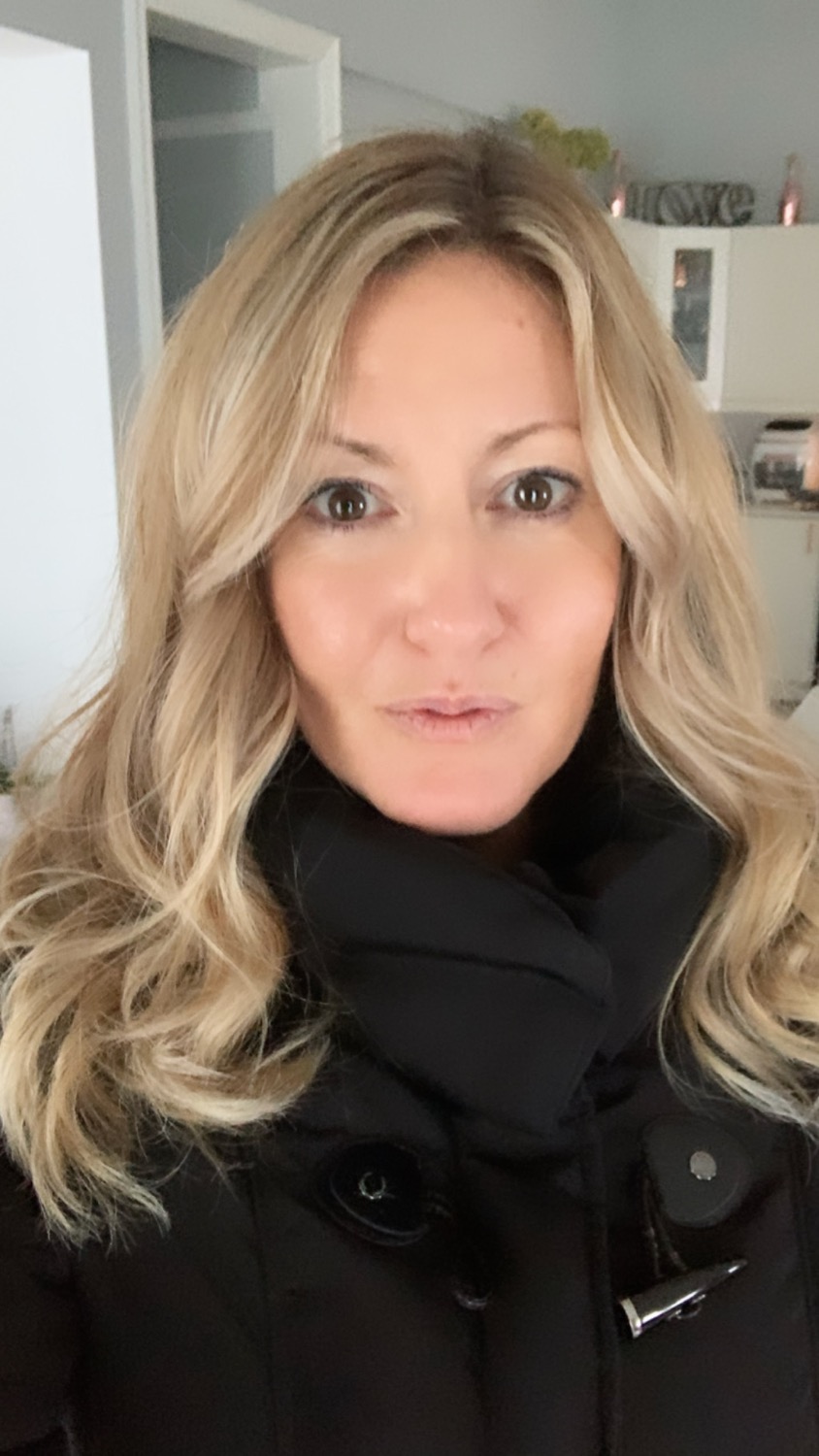Love, Guilt, and the Power of Boundaries
- Amanda Fidler

- Sep 11, 2025
- 3 min read

There’s a truth that has been rising up in my life and in the stories of the clients I walk alongside:
Love fills. Guilt drains. Boundaries protect the difference.
It sounds simple, but the impact of these three short lines is profound.
When Giving Comes From Love
When we give from love, something beautiful happens. Our energy doesn’t just leave us — it circulates. Think of a time when you gave your time, attention, or care to someone and it felt natural, wholehearted. Maybe you stayed late to support a friend, helped a loved one through a tough moment, or wrote a note that reminded someone they weren’t alone. Even if it required effort, you likely felt fuller afterward, not emptier.
Love-based giving is aligned with who we are at our core. It isn’t about sacrifice; it’s about connection. It affirms our humanity and our belonging.
When Giving Comes From Guilt
Now contrast that with a time you said yes when you wanted to say no. Maybe you agreed because you didn’t want someone to be upset with you, or because you felt you “should” even though you were exhausted. That’s giving from guilt.
Instead of circulating, the energy leaks. We walk away feeling depleted, resentful, or even invisible. The act may look the same on the outside — but on the inside, guilt-based giving erodes us. And if repeated often enough, it leads to burnout, anger, and a deep sense of disconnect from ourselves.
The Role of Boundaries
This is why boundaries matter so much. Boundaries are not punishments or walls to push people away. They are the lines that protect our capacity to give from love.
Without boundaries, everything gets muddled. We can’t tell if our “yes” is coming from a place of love or from fear of disappointing someone. But with boundaries, clarity returns. We learn that saying no is not selfish — it’s sacred. Because every no rooted in self-respect makes space for a wholehearted yes in the future.
Boundaries protect our relationships from resentment. They protect our energy from depletion. And most importantly, they protect our hearts so that when we do give, it’s real.
The Inner Check-In
A simple practice you can try is pausing before you agree to something and asking:
Am I giving from love?
Or am I giving from guilt?
If it feels like love, lean in. If it feels like guilt, pause. You might need to set a limit, delay your answer, or gently say no.
And here’s the paradox: learning to say no from guilt actually deepens your capacity to give from love. When your energy is intact, your yes carries weight, sincerity, and joy.
Love Without Resentment
This shift can transform relationships. Imagine how different it feels to help someone because your heart is open and you want to — versus because you’re afraid of how they’ll react if you say no. One builds closeness. The other quietly breeds distance.
The truth is, people may not always understand or even like your boundaries. But boundaries aren’t about controlling others — they’re about caring for yourself so you can remain authentic in connection.
A Gentle Reminder
If you find yourself giving and feeling drained, pause and check in. Notice whether guilt is driving your yes. And if it is, know that you have permission to step back.
Love fills. Guilt drains. Boundaries protect the difference.
Protect your yes, so when you give, it comes from love. That is the kind of giving that nourishes you and everyone around you.




Comments